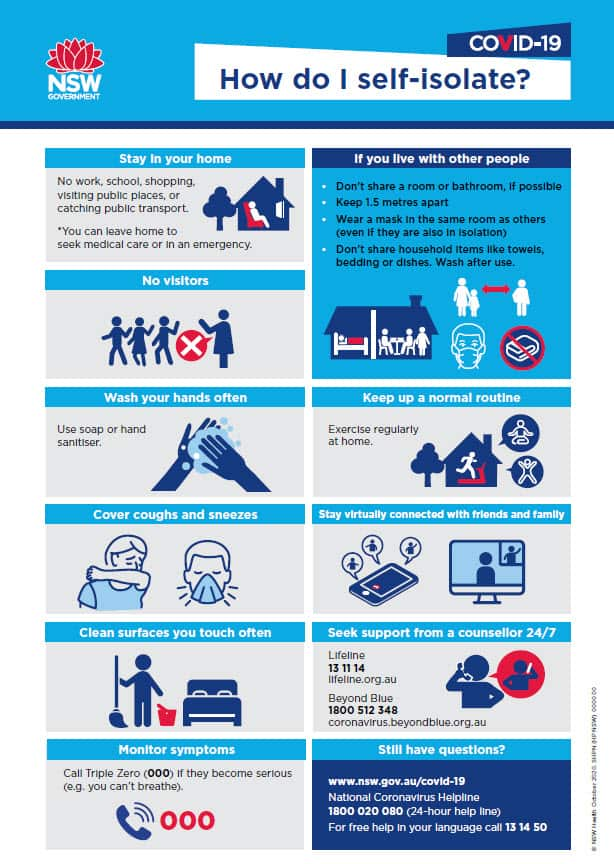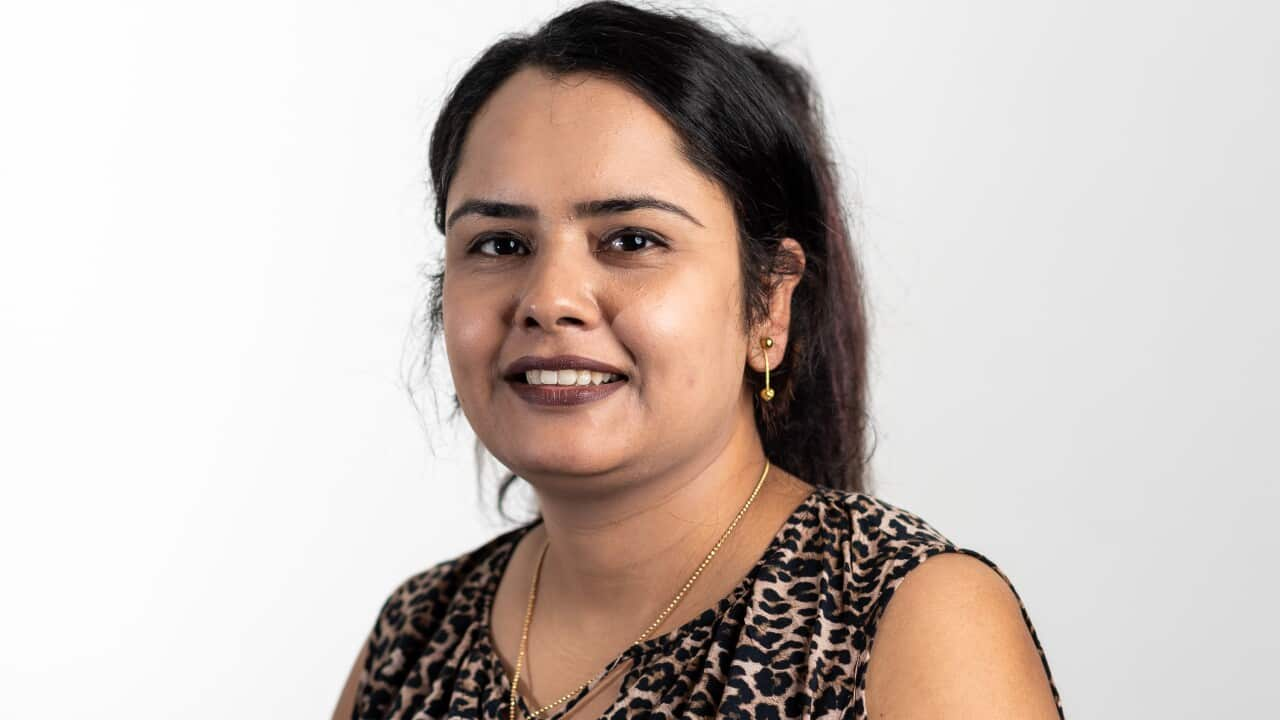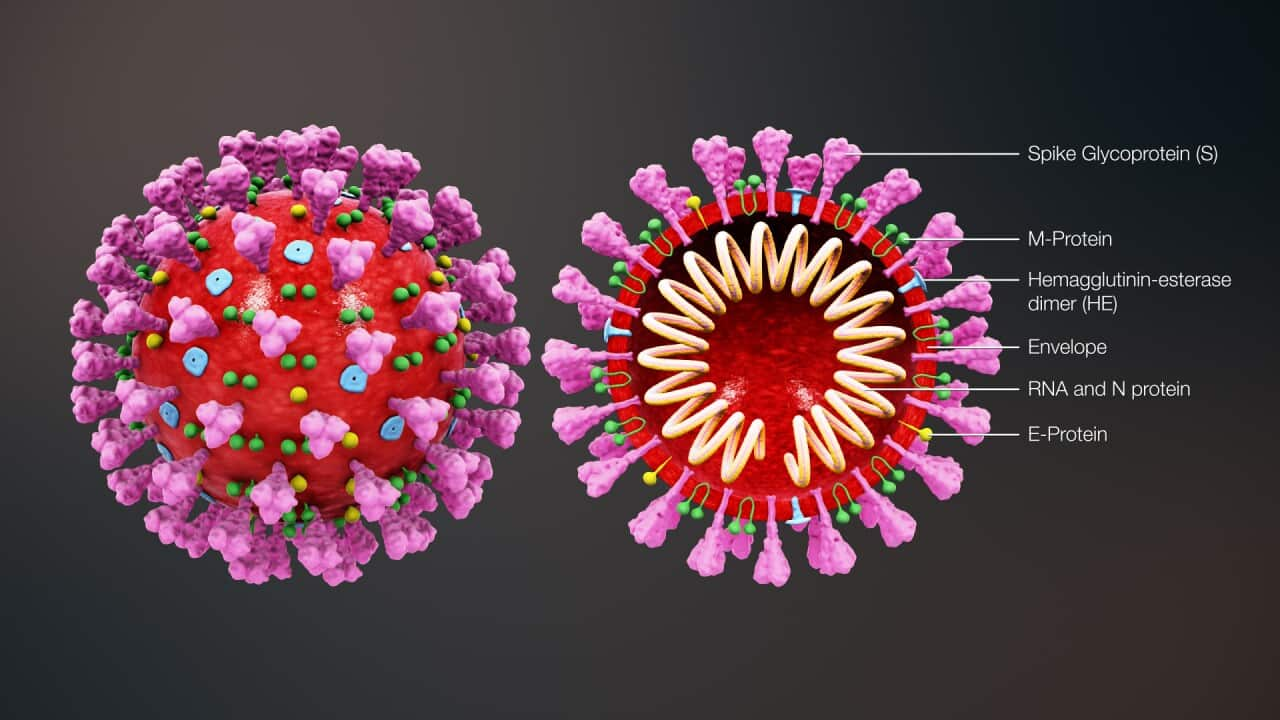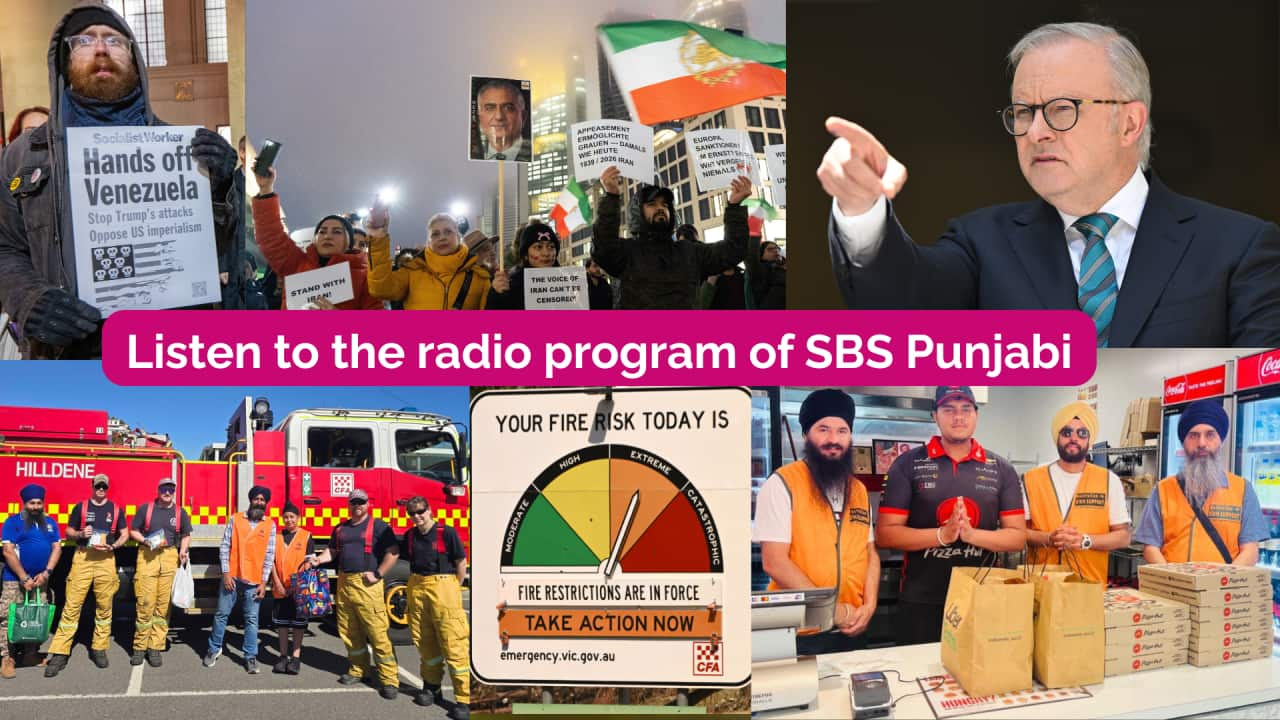Highlights
- Contact tracers call when someone is identified as a contact of a confirmed COVID-19 case
- You can request to speak to a contact tracer who can speak your language or arrange for a free interpreter by calling 131 450
- COVID-19 testing and treatment, even if it requires an ambulance or a hospital is free, including for temporary migrants, international students and overseas visitors with private health insurance.
- Read the latest COVID-19 updates in Punjabi here
Khushbu Rana works with New South Wales Health and has been a contact tracer since March 2020.
She says that over the past few months, she’s made several calls to casual and close contacts of confirmed COVID-19 cases. Being a fluent Punjabi speaker, many of these conversations were in Punjabi, upon the request of the people being contacted.
“During the course of the past few months of making contact tracing calls, I have spoken to several people who felt more comfortable conversing in Punjabi. It is good to be able to inform the people about the next steps after they have been identified as contacts of a confirmed COVID-19 case, and I take my time in answering all of their queries in the language of their preference,” she told SBS Punjabi.
She says the vast majority of the people who are contacted by tracers like her are very receptive and cooperative, but sometimes, she has faced some resistance from a small section of people.
“People who are in touch with the news and know how quickly COVID-19 infections can spread, are generally very cooperative, and adhere to the guidelines we give them,” says Ms Rana.
“But some people don’t like it when we ask them to stay home and isolate. They can challenge us with various queries and don’t like the fact that they can’t drop or pick their kids from school, or go shopping during the self-isolation period.”
“In situations like that, we continue to talk to them for longer, to convince them that it in theirs’ as well as their family’s best interest that they abide by the protocol we give them. Sometimes we need to make follow-up calls too,” she added. Ms Rana urged people to get tested for COVID at the earliest signs of flu-like symptoms, or when recommended by the contact tracer.
Ms Rana urged people to get tested for COVID at the earliest signs of flu-like symptoms, or when recommended by the contact tracer.

The protocol on how and when to self isolate Source: NSW Health
“COVID tests are conducted free of charge and even if the person needs to be hospitalised or requires an ambulance, these services are provided for free. It is important to note that this applies to temporary migrants, international students and overseas visitors as well, since their private health insurance will cover these costs fully.”
In a detailed interview with SBS Punjabi, Ms Rana described the process of making contact tracing calls and the protocols to be followed by contacts of confirmed COVID-19 cases. She also debunked many myths about COVID testing, the protocols to follow if you test positive or negative, and how peoples’ personal data is handled by NSW Health.
- What is contact tracing?
- Why am I being contacted by the contact tracing team from NSW Health?
- How can the contact tracer communicate with me if I do not speak English?
- Why is it important for me and my family or community to follow the instructions?
- What is the protocol to be followed during self-isolation?
- Is COVID testing safe and do I need to pay for the testing?
- What do I need to do after a COVID test? What are the protocols to be followed if (a) I test positive, or (b) I test negative?
Ms Rana reassured SBS Punjabi listeners about receiving contact-tracing calls and about getting tested for COVID-19.
“There is absolutely no need to panic if you receive a call from a contact tracer like me. It doesn’t mean you have COVID-19, and you only need to follow a set of instructions to keep yourself, your family ,and the community safe.”
“Even if you test positive for COVID-19, many patients can continue to stay at home during the recovery period, and may not even require hospitalisation.”
“We simply request you to cooperate with us and follow the instructions you are given, so that we can stop the spread of coronavirus in the community.”
She urges all members in the community to request for an interpreter so they can speak to an expert in a language of their choice.
"Please just tell us what issues you are facing - if you have no one to help you buy groceries or things like that. NSW Health will do everything to support you," says Ms Rana.
Information and helpful contact numbers
Further information in-language can be found at https://www.nsw.gov.au/covid-19, by selecting your language on the top right-hand corner.
To view and download the COVID-19 in language resources, visit https://www.health.nsw.gov.au/Infectious/covid-19/Pages/languages.aspx
If you have questions and need support:
- Call 1800 020 080 (24/7) for health questions or to check symptoms.
- Call 13 77 88 (24/7) for non-health related questions.
- Call 1800 512 348 (24/7) for mental wellbeing support.
- For a free telephone interpreter, please contact TIS National on 131 450 and say the language you need. You can then ask the interpreter to connect you to the number you wish to contact.
- To ask questions about testing and contact tracing, contact your GP or call Healthdirect on 1800 022 222
To hear the full interview in Punjabi with Khushbu Rana, click on the audio link above.
People in Australia must stay at least 1.5 meters away from others. Find out what restrictions are in place for your state or territory.
Testing for coronavirus is now widely available across Australia. If you are experiencing cold or flu symptoms, arrange a test by calling your doctor or contact the Coronavirus Health Information Hotline on 1800 020 080.
The federal government's coronavirus tracing app COVIDSafe is available for download from your phone's app store.
The federal government's coronavirus tracing app COVIDSafe is available for download from your phone's app store.
SBS is committed to informing Australia’s diverse communities about the latest COVID-19 developments. News and information is available in 63 languages at https://www.sbs.com.au/language/coronavirus
More from SBS Punjabi

'I went back to working as an ICU nurse when the COVID-19 crisis began'







